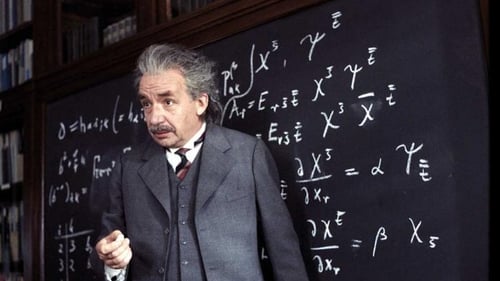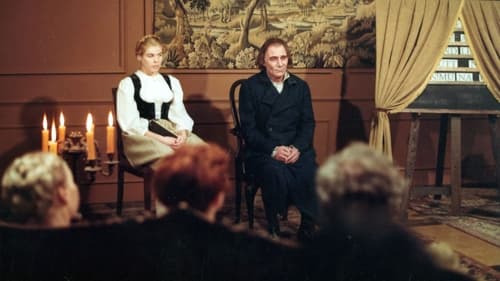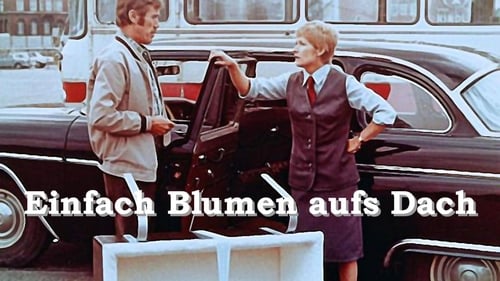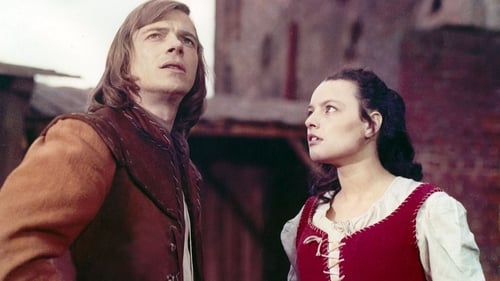
Director of Photography
No folkore, no rituals, no klezmer, no political statements, no twee Berlin Jewish quarters. This film is an attempt to make an imageless film; a plea for a religion of imagelessness, of words, of thoughts.

Cinematography
A men's choir decides to go to Sweden and Germany. Shortly before their departure the choir director, Max, dies and is mourned by the choir and especially by their accompanist Magga, whom he was in love with. In deference to Max's memory, they embark upon a mission of song and companionship, in order to adjust to their loss.

Cinematography
He could have had women, he could have climbed the ladder of his accountancy career, and he could have stood on the podium next to the highest in the land. If only he had wanted to! But Farssmann, shaken by divorce and unwilling to better himself, wants to remain what he is: an ordinary bookkeeper like you and me. And so the dollar deal with Mr. Osbar from Utah (USA) is not the first time he comes into conflict with the very palpable unreality of a country called the German Democratic Republic.

Director of Photography
Two part movie about Einstein's escape from Germany in 1932 and his influence in the invention of the nuclear bomb in 1939.

Cinematography
In the 1770s, Swiss farmer Johann Heinrich Pestalozzi established a school for poor orphaned children in the Aargau. Up to total exhaustion he sacrificed himself for his pedagogical theories. Five years later, the project of the idealistic educator failed after bloody attacks of the French. In retrospect, the disappointed Pestalozzi experiences the last few months with "his" children.

Cinematography
The 24-year-old Andreas works as a mechanic at a tunnel building site in the Bulgarian Rhodopes. One day, he gets the startling news that his girlfriend Sabine, who is supposedly waiting for him in their far-off hometown Berlin, wants to marry another man. Seething with anger, Andreas leaves the building site and hurries to the capital in order to prevent his beloved’s wedding. On the first encounter with his rival, an athletic water polo player, Andreas comes off second best. However, neither his zest for action nor his firm intention can be shaken by this defeat. With passionate energy and some outlandish ideas he takes up the fight for Sabine’s heart.

Director of Photography

Director of Photography

Director of Photography
Two best teenage friends spend the summer holidays together in a village. Then a good looking teenage boy appears.

Cinematography
When the ten-year-old Til and two of his friends are caught in heavy rains, they escape into a barn. They are not alone in there, however. A man whom they do not recognize is obviously stealing crop from the barn. When the friends investigate the matter, Tim discovers the terrible fact that the thief is his own father. Since he wants to keep his discovery a secret by all means, he sets his friends on the wrong track. Although Til is embarrassed and would like to know the reason for the thievery, he does not have the guts to take his father to task. Eventually, he breaks the secret to the coachman Paul. In the meantime, however, his friends have also found out about Til′s father and the case is revealed.

Cinematography

Cinematography
A woman in her mid thirties drifts through Berlin on a Friday night then lazes around her apartment with her husband the next morning.

Cinematography
Mechanic Hannes Blaschke and his wife Maxi, who works as a bus driver, have just become happy parents of twins. Now they have a serious transportation problem: Their Trabant is far too small for the grown family that furthermore includes two sons and a dog. Thanks to the support of a state secretary and of his brigade, Hannes acquires a Tschaika – a limousine that is normally restricted to representational purposes – for a small price. Whereas Maxi views the state carriage only as a useful means of transportation, Hannes enjoys the unusual pre-emption he is receiving for the spectacular car. Hannes, who normally is just a humble guy, starts to grate his colleagues with his new affectations. Thus, they teach him an effective lesson: They decorate the state carriage with flowers and thus bring Hannes back down to earth in a humorous way.

Director of Photography

Cinematography

Director of Photography
The former athlete Barbara follows her husband to the province and attempts to masters her new life, even after her separation from him.

Director of Photography
Hans the farmer is drawn into war as a soldier. Returning from the front, having been defrauded of his pay by his own king, he makes his way home. On his trip, he encounters a witch who asks him to fetch the light from a spring. He keeps it when the witch tries to deceive him and he discovers her foul magic. When the light is ignited, a little man appears who must serve the owner of the light, but it only has power if the owner has faith in himself. His courage bolstered, Hans goes to the king once more to demand his wages be paid.

Cinematography
For thirty years, Karl Achilles has been working at the chemical collective in Bitterfeld. But now his last day as a master at the plant has come. He is about to retire; even if Karl, who finds ending his working life difficult, wanted to stay on, it would not be possible. Karl’s colleagues have arranged a farewell dinner for the retiring master at an outdoor restaurant. But on his last day of work, before the farewell dinner, he meets all sorts of people: both colleagues and people, who do not work at the plant. A mosaic of the biography of a person who found fulfilment in his work and now has to look for the meaning of his life anew.

Writer












